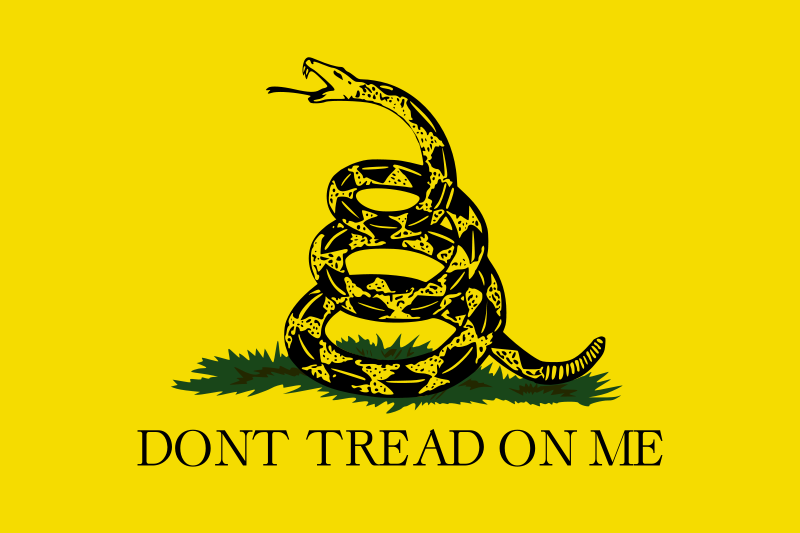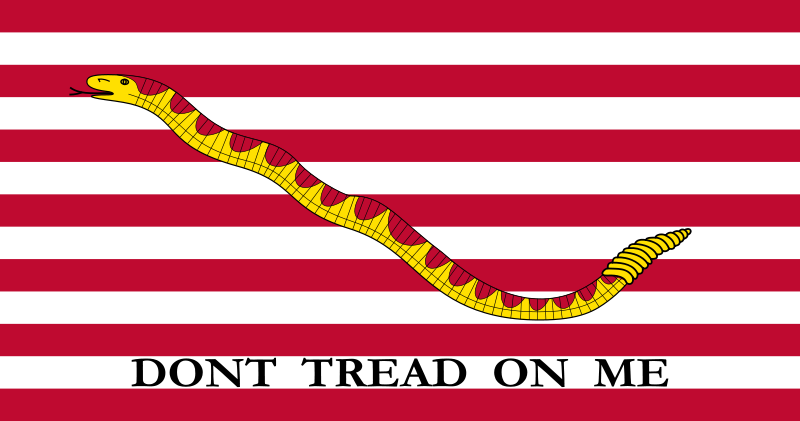I think we use "don't" and "can't" almost exclusively in normal conversation here in the U.S. "Do not" and "cannot" are reserved for making special emphasis or dramatic effect. But we have a long history of using the word "don't" — particularly in admonishing our former colonial masters. Have a look at this colonial American flag (Gadsden Flag, source: Wikipedia).


And its naval equivalent:


